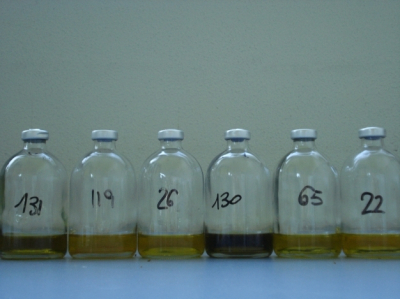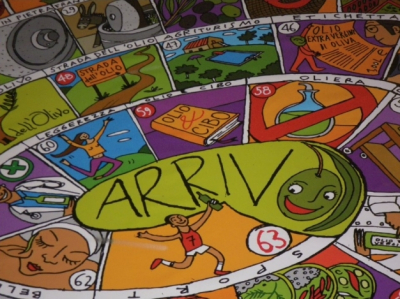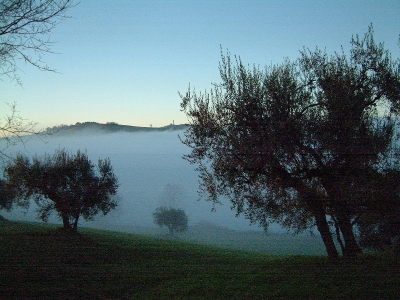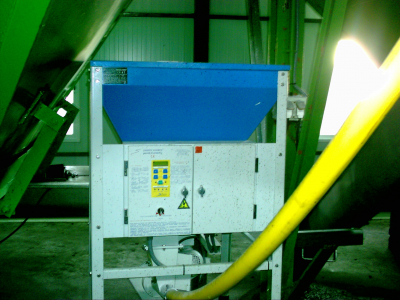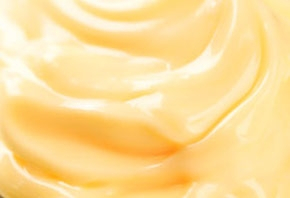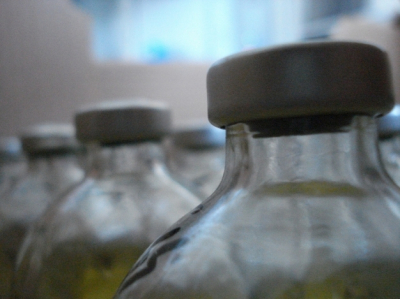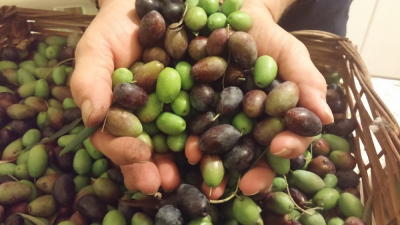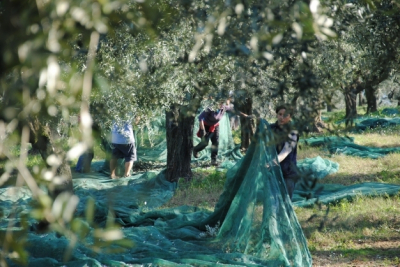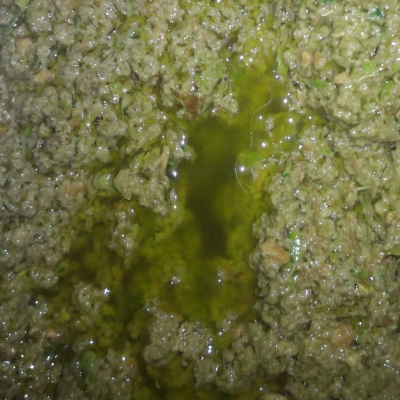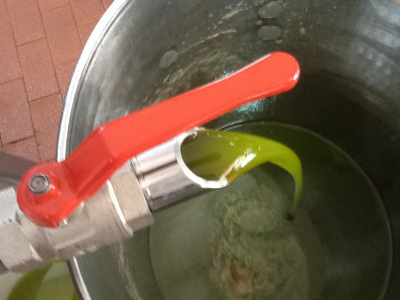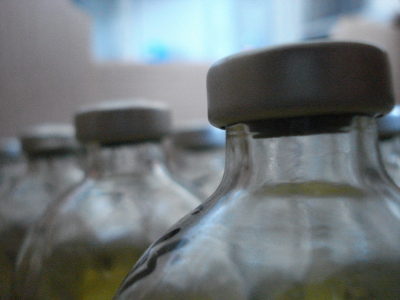Autori

Lorenzo Cerretani
Posts from
Polyphenols in olive oil
An interview with Dennis Fiorini, Professor at the University of Camerino. All there is to know about a quantitative procedure employing high-performance liquid chromatography coupled with diode array detection to determine whether a given oil is entitled to a health claim. An investigation carried out by Massimo Ricciutelli, Shara Marconi, Maria Chiara Boarelli, Giovanni Caprioli, Gianni Sagratini, Roberto Ballini and Dennis Fiorini
Young tasters
While it is sometimes difficult to teach adults to discern the aromas of olive oil, children are more spontaneous and free of prejudice. It is easier to discern scents and aromas if we have fewer “perturbing factors”. Teaching is easier when the students have no previous knowledge or preconceptions
A journey among olive trees
In a photo gallery portraying olive trees, the landscape becomes an element of unmistakable beauty. Giorgio Sorcinelli has immortalized some very distinctive elements of olive trees, highlighting not only their magnificence, rusticity and adaptability to different territories, but also their surroundings
Talc in oil production
Talc addition was once considered taboo, but nowadays even the scientific world is starting to investigate its use and potential benefits. There is something we want to know: does talc affect the yield and quality of extra virgin olive oil? Professor Francesco Caponio, together with his colleagues from the University of Bari, is trying to answer this question. What happens when physical extraction adjuvants are added to olive paste during malaxation?
The best oil for mayonnaise
Assessing the structural properties and physical stability of mayonnaises made with olive oil, with reference to its phenolic content and composition. A very detailed investigation has finally shed some light on this relatively unknown topic. We asked Professor Paola Pittia and Doctor Carla Di Mattia from the University of Teramo to describe their most recent findings, detailed in their paper "Role of olive oil phenolics in physical properties and stability of mayonnaise-like emulsions”, published in the prestigious Food Chemistry magazine
Current trends in oil appraisal
Has the method employed for the sensory analysis of extra virgin olive oil reached the end of the line? Is it time to change approach and/or targets? These questions require urgent, unambiguous answers, and the entire oil sector must now respond. Currently there is a sort of distorted view. Too much attention is given to defects and too little to the positive traits of oil. We are training a class of defect hunters
What happens inside the olive
These pictures, taken by Giorgio Sorcinelli, portray olives at different stages of maturity. There are various methods to estimate their degree of ripeness. One of the most popular is the so-called Jaen index. Many scientific investigations concur that there is an optimal maturity level for every variety, offsetting the sensory features and aromatic profile of the olives, as well as their phenolic composition
The best harvesting method
There is one question I am frequently asked: is it better to pick olives by hand, or use mechanical means? We should be aware that harvesting is a delicate and potentially risky procedure, because it may trigger the hydrolytic reactions that increase the free acidity levels in olive oil, with detrimental effects on its quality
It all starts here
The new oil has arrived, as we can see from the many photos posted on the internet. Most producers show pictures of the oil flowing out of the separator. However, the key stage of oil production is when it is extracted from the malaxing unit, for this is when its bouquet of scents and flavours originates
The appearance of olive oil
How much do colour and cloudiness matter in extra virgin olive oil? It would appear that the consumers are strongly influenced by these two aspects. Are colour and cloudiness in any way related to freshness? What are the results of countless investigations on this issue? Are we sure that oil filtering is a useful process?
How I judge an oil
Panel members responsible for the sensory analysis of an oil use a different appraisal method from that employed by the members of a jury panel, passing from an analytical assessment to a more hedonistic one. In many respects, oil competitions are similar to beauty pageants. The appreciation of an extra virgin oil may vary from jury to jury
Who tastes, who?
Throughout the years, I have taken part in many national and international oil contests, and in my capacity of taster/judge or tasting panel coordinator, I have been in charge of compiling many scorecards. In the light of my experience, and thanks to my frequent contacts with the oil […]

